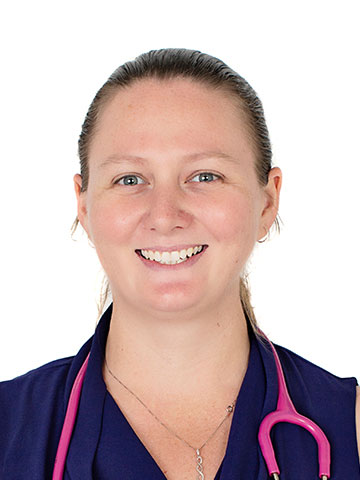 Many of the challenges faced by mothers in the postpartum period are related to breastfeeding. It is important for mothers to seek help from experienced professionals to ensure they are receiving correct advice. There is a lot of misinformation in the community surrounding breastfeeding and this can contribute to the fall in breastfeeding rates during the early weeks. Common concerns include nipple pain, breast pain and low milk supply.
Many of the challenges faced by mothers in the postpartum period are related to breastfeeding. It is important for mothers to seek help from experienced professionals to ensure they are receiving correct advice. There is a lot of misinformation in the community surrounding breastfeeding and this can contribute to the fall in breastfeeding rates during the early weeks. Common concerns include nipple pain, breast pain and low milk supply.
Causes of Nipple pain
Good attachment to the breast is important to reduce nipple pain and trauma, and to ensure adequate breast drainage and ongoing milk supply. Some infants have latch difficulties because they are small or premature, or from anatomical issues affecting feeding, such as tongue-tie. If attachment seems to be an issue further help from a lactation consultant may be beneficial. Hydrogel dressings and purified lanolin cream may be used to provide relief and aid healing of cracked nipples.
Nipple vasospasm is a cause of radiating nipple and breast pain typically experienced when the temperature drops. Some women also notice the nipple becomes white or purple in the cold. Most often this can be managed by keeping the nipples warm with heat packs and insulated breast pads. Occasionally women require medication, such as nifedipine, to relieve the pain.
Nipple eczema or dermatitis usually occurs in mothers feeding older infants, often around 6 months of age. It appears as a red and itchy rash that tends to spread with a definite edge. It can be managed with a topical steroid cream.
Nipple infection can be caused by bacteria or fungus. Typically a bacterial infection occurs when the nipple is damaged and yellow discharge is present. This can be treated with a topical antibiotic ointment. Fungal infections or nipple thrush is often caused by candida and nipple pain is persistent and constant, not just on attachment. The nipple and areola may be pink and can be associated with radiating breast pain. Treatment can be with topical and oral medication depending on symptoms severity.
Causes of Breast Pain
Blocked ducts are lumps occurring within the breast, but without fever or the systemic symptoms of mastitis. These are usually caused by poor drainage of milk (eg tight clothing, pressure from a hand or longer then usual breaks between feeds). Sometimes a blockage on the nipple tip (visible as a white spot or milk bleb) is responsible for the obstruction.
In mastitis, a segment of the breast is red, swollen and tender, and there is often fever, muscle aches, shaking, headache and nausea. If recognised very early, mastitis can be managed by increasing milk drainage from the breast, applying heat before a feed and cold packs after a feed. Very gentle massage of the affected area during feeding may help. Analgesia, such as ibuprofen or paracetamol is recommended. If symptoms persist for longer than 24 hours or if the mother is unwell, an antibiotic should be commenced.
Low Milk Supply
Low milk supply may be a perceived rather than real issue for some mothers. A change to an infant’s feeding pattern, such as increased frequency of feeds, or a feeling of softer breasts may be normal changes that are unrelated to a lowered supply.
Slow weight gain or reduced urine output in a breastfed infant are often the first indication of low milk supply. There are many contributing factors that need to be addressed, however the basic principle is the more milk that is extracted through breastfeeding or expressing, the more milk that will be made. Therefore babies should be kept close to the mother and offered frequent breastfeeds. In addition to increasing the frequency of feeds and expressing, medication, such as domperidone, may be considered.

Dr Kaye McMullan is a graduate from The University of Western Australia. She is based at IMC Katong and has a special interest in Children’s Health, Chronic Disease Management, Contraception & Family Planning.
If you would like an appointment please call: 6342 4440 or book online: https://www.imc-healthcare.com/appointments/

































